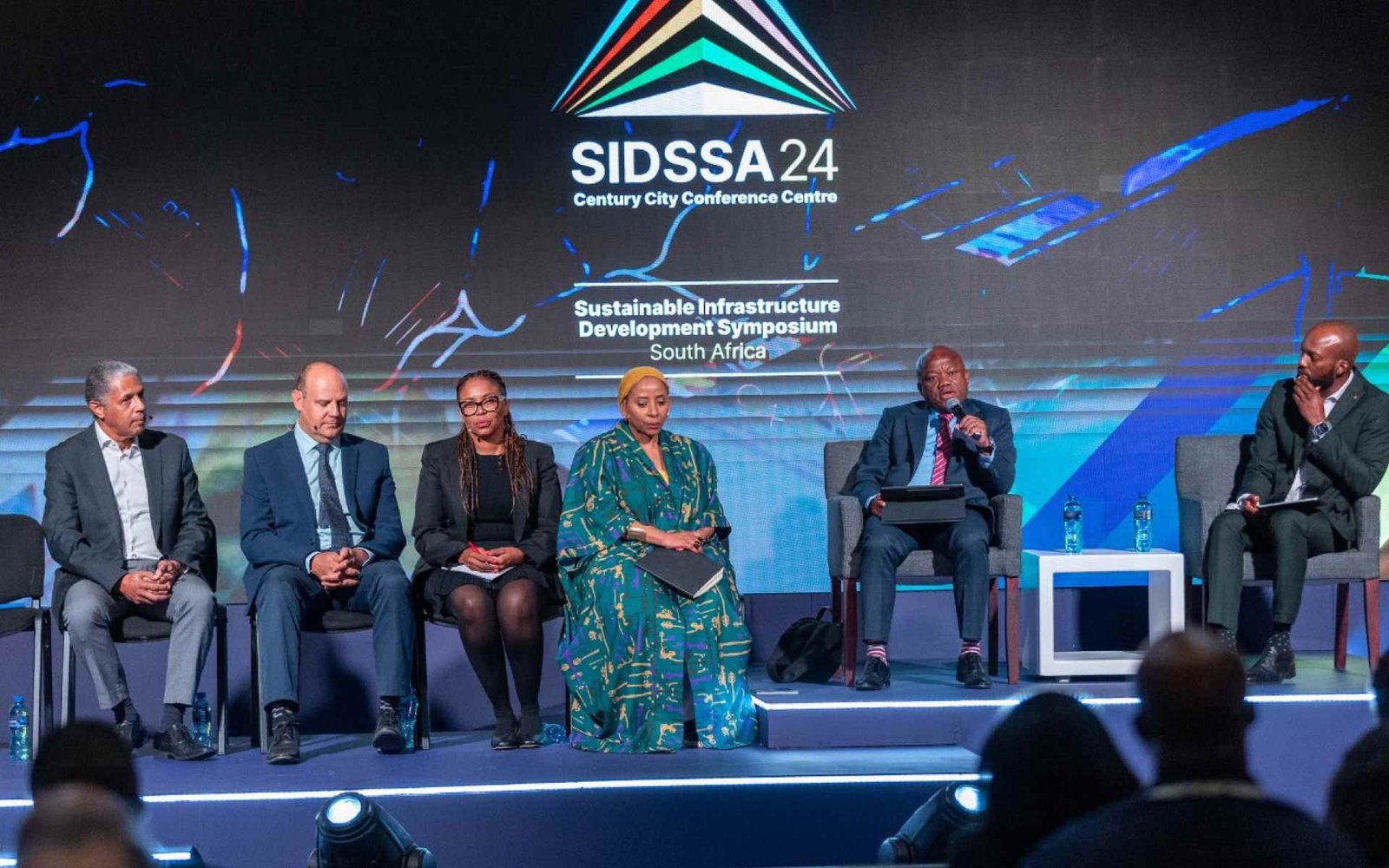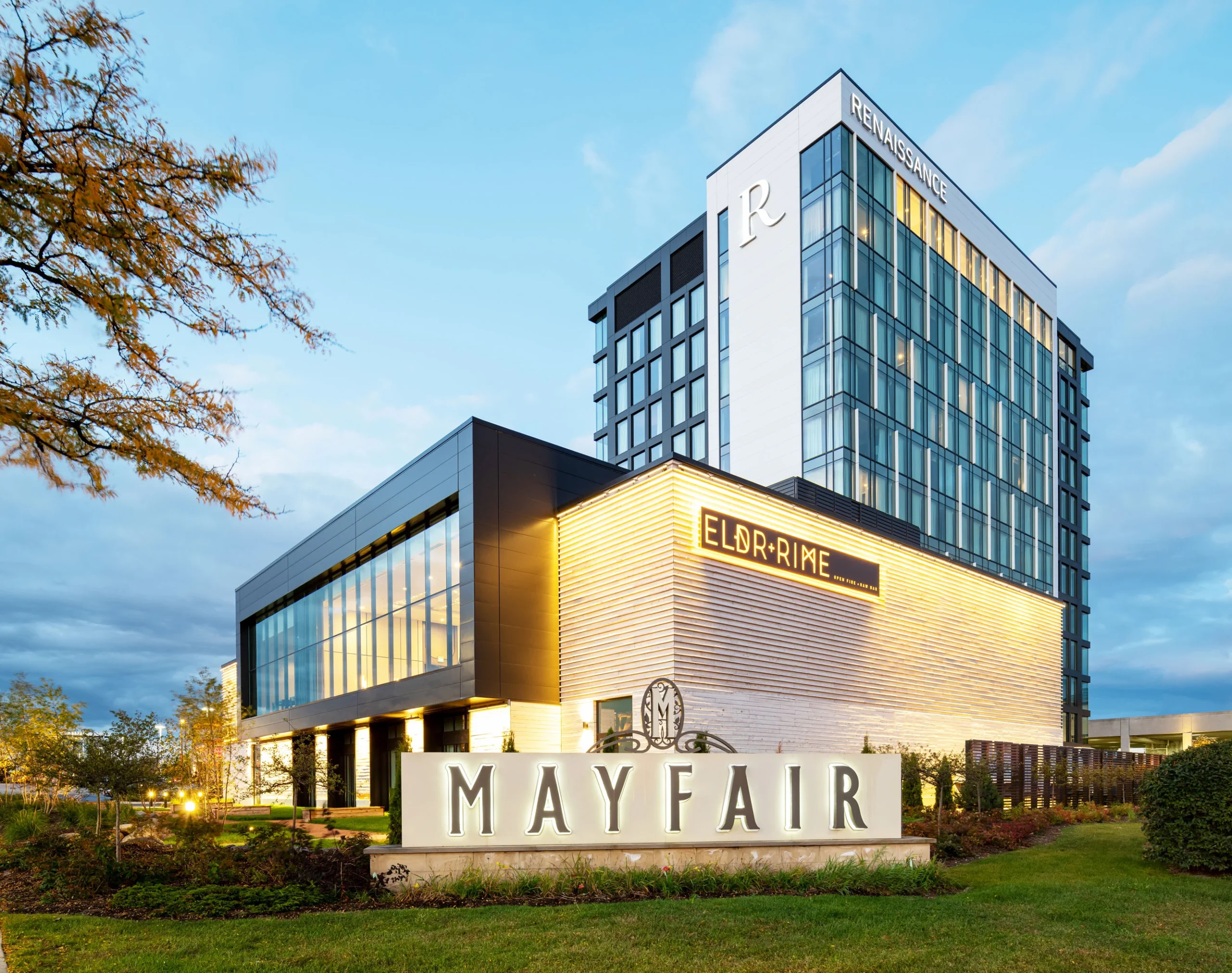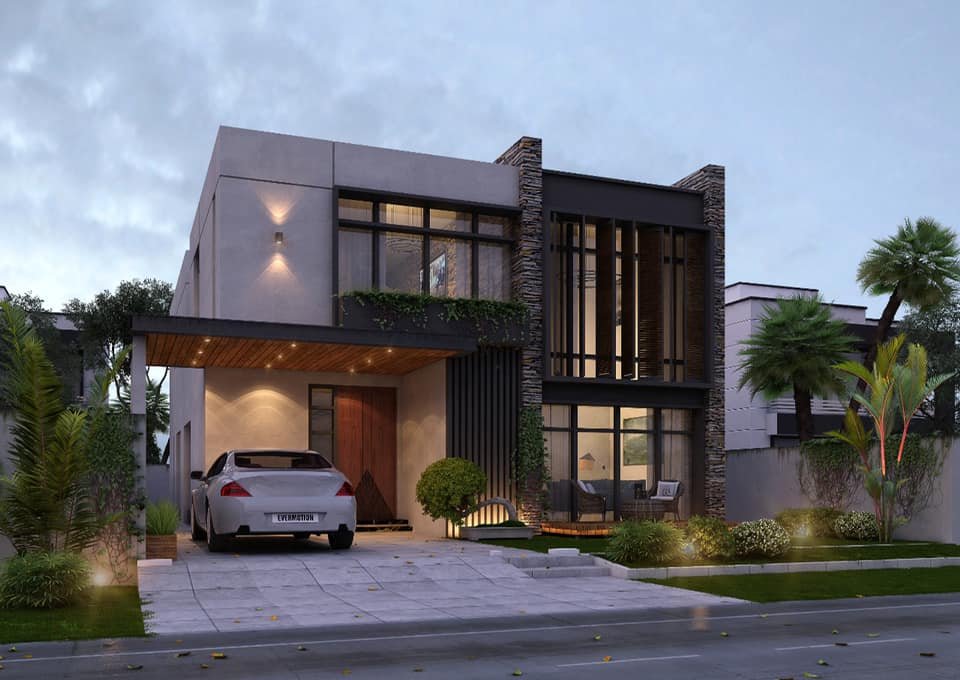
South Africa Outlines Priority Infrastructure Schemes
South Africa’s Minister of Public Works and Infrastructure Sihle Zikalala detailed 12 major infrastructure priority projects for 2024/25 across various sectors during the Sustainable Infrastructure Development Symposium South Africa (SIDSSA) event in Cape Town on 19 March. The event brought together key stakeholders from across the continent with the aim of driving infrastructure development in the country.
The priority projects will be supported by Infrastructure South Africa (ISA), a unit within the Ministry of Public Works & Infrastructure established as a single point of entry for infrastructure planning, management and delivery. ISA says it will work with the project sponsors on unpacking the schemes and then proceed to invite transactional advisers.
“We announced the 12 priority projects today and it’s important to give a background as to how we arrived at this priority list. We want projects that will contribute to higher GDP impact, but at the same time ensure export and embrace the green economy,” Zikalala said.
The schemes are:
– Building a liquefied natural gas (LNG) import terminal in the KwaZulu-Natal province: With a total investment value of Rand 2.1 billion (US$111 million), the country’s first LNG import terminal at the Port of Richards Bay aims to import between 1 and 5 million tonnes of LNG a year. Transnet National Ports Authority (TNPA) appointed the Vopak Terminal Durban & Transnet Pipelines (TPL) consortium as the preferred bidder to develop and operate the terminal, which is expected to generate around 4,500 jobs and Rand 914 million (US$48.3 million) of additional income for locals.
– Expanding Pier 1 at the Durban Container Terminal in KwaZulu-Natal: This will expand the terminal’s capacity to 3.6 million TEUs through the construction of seven additional deep-water berths and storage space.
– Constructing Berth A100 at the Port of East London in the Eastern Cape province: The new liquid bulk berth will be constructed to handle imported LNG at the port, which serves as the main liquid fuels supply hub of the Nelson Mandela Bay and surrounding areas. The project represents a Rand 2.2 billion (US$116.3 million) investment.
– Upgrading the Ukuvuselela rail corridor: Project Ukuvuselela is a transnational, high-capacity rail corridor for automotive volumes. The work involves upgrading the rail line from the provinces of Gauteng to the Eastern Cape and will serve to take pressure off the KwaZulu-Natal corridor and the Port of Durban as the sole port for imports and exports in the area. The overall target is to have bi-directional rail transportation of a minimum of 150,000 fully built units a year by 2026.
– Refurbishing health facilities across the country: The government is looking to refurbish 104 health facilities across South Africa in an initiative valued at Rand 16 billion (US$845.9 million).
– Improving schools: The Department of Public Works and Infrastructure has laid out plans to improve school building and education-related infrastructure country-wide, aiming to increase access to the internet and libraries for schoolchildren.
– Constructing the Mossel Bay gas plant network in the Western Cape province: The scheme involves building a network of gas-fired power plants in Mossel Bay, plans for which were announced by state oil firm PetroSA in 2023. The move is aimed to combat South Africa’s energy crisis.
– Building the Tubatse pumped hydro storage plant in the Limpopo province: The work involves building a facility with a generation capacity of 1.5GW. Public utility Eskom’s proposal for the scheme received the green light from the Department of Mineral Resources & Energy in 2022.
– Executing phase 2 of the Rooiwal wastewater treatment works in the Gauteng province: This will involve upgrading the plant’s treatment capacity by 80 million litres a day (l/d) of wastewater, coupled with the desilting of sludge at the Leeukraal dam, which will enable the facility to function more efficiently while producing drinking water that meets national standards.
Previously, the Development Bank of Southern Africa (DBSA) invited bids from turnkey contractors for the design and construction of the first phase of the upgrade, with a deadline of 26 January. The Rooiwal works consists of three plants, built between 1950 and 1983 and equipped to treat a total flow of 245.3 million l/d.
– Implementing the Amathole water bulk supply augmentation programme in the Eastern Cape province: This targets the improvement of water resource availability and is set to gazette progress on the municipalities’ water scheme project and infrastructure upgrades.
– Advancing the Nkomazi and Namakwa special economic zones (SEZs): The Nkomazi SEZ is spread across 673 hectares in the Mpumalanga province and aims to stimulate primary agricultural production and agro-processing.
The Namakwa SEZ in the Northern Cape province covers 1,270 hectares and had an investment pipeline of over Rand 29 billion (US$1.5 billion) as of July 2023, according to Deputy Minister of Trade, Industry and Competition Nomalungelo Gina. The minister said the investors include small to medium-sized companies involved in the sectors of green hydrogen and ammonia; energy and petrochemicals; and mineral beneficiation. The SEZ is planned to connect with the Boegoebaai deep-sea port project in the Richtersveld municipality.
Meanwhile, at the SIDSSA event, South Africa’s state-owned rail, port and pipeline company Transnet provided insights into its recently published network statement, which details the functions of the infrastructure manager and the contractual agreements for private sector operators with the aim of introducing third-party access to South Africa’s rail network.
According to Andrew Shaw, Transnet’s group chief officer of strategy and planning, the organisation is looking to enable the first round of third-party access from June this year, with an estimated date of April 2026 for complete separation of regulatory responsibility.
The SIDSSA event also saw the launch of ISA’s Construction Book 2024/25, which details over 150 projects with a combined budget of Rand 158 billion (US$8.4 billion) that are ready for procurement in South Africa’s energy, water and transport sectors.
“The Construction Book showcases a number of projects and showcases the depth of organisation, detailing the level of importance of infrastructure in our country. The book tells a good story of where we are as a country and where we want to go,” said President Cyril Ramaphosa who delivered the keynote speech at the event.
Energy sector Improving energy access remains a top government priority, according to the Construction Book, with South Africa facing several challenges including ageing infrastructure, supply constraints and intermittent power outages. Meanwhile, state-owned Eskom is struggling with financial difficulties and operational issues, raising concerns regarding the reliability and affordability of electricity supply.
The book details 18 schemes with a total capital expenditure (capex) of Rand 38.3 billion (US$2 billion) that are expected to be market-ready for the 2024/25 financial year. The table below displays a selection of these projects.
Energy sector projects for 2024/25Source: ISA Construction Book 2024/25Water sectorThe Construction Book says South Africa’s deteriorating water infrastructure is likely to constrain various economic activities such as the construction sector, which is likely to impact development adversely based on the current trajectory. It details three schemes with a total capex of Rand 32.1 billion (US$1.7 billion) set to be market-ready for the 2024/25 financial year.
Water sector projects for 2024/25Source: ISA Construction Book 2024/25Transport sectorAccording to the Construction Book, the country’s transport industry is facing infrastructure-related challenges such as road congestion, rail capacity constraints and port inefficiencies. This makes investing in infrastructure development and maintenance crucial to improving the competitiveness of the transport freight sector.
The book outlines 123 road projects with a total capex of Rand 60.4 billion (US$3.2 billion), two rail schemes with a combined value of Rand 10.1 billion (US$534 million), three port projects requiring a total spend of Rand 9.8 billion (US$518.1 million) and four airport schemes with a combined capex of Rand 7.8 billion (US$412.4 million).
Transport sector projects for 2024/25Source: ISA Construction Book 2024/25The complete project lists for each sector can be viewed here.
The Construction Book 2024/25 notes that bridging the infrastructure gap is essential to unlock the latent potential within the South African economy.
The implementation of strategic infrastructure projects is expected to help ensure the targets of the National Development Plan 2030 are realised, specifically through public-private partnerships (PPPs) and coordinated mobilisation of resources towards reigniting the construction industry and boosting confidence in the economy’s performance.
Top photo: SIDSSA event (Source: Energy Capital & Power)
Source link



